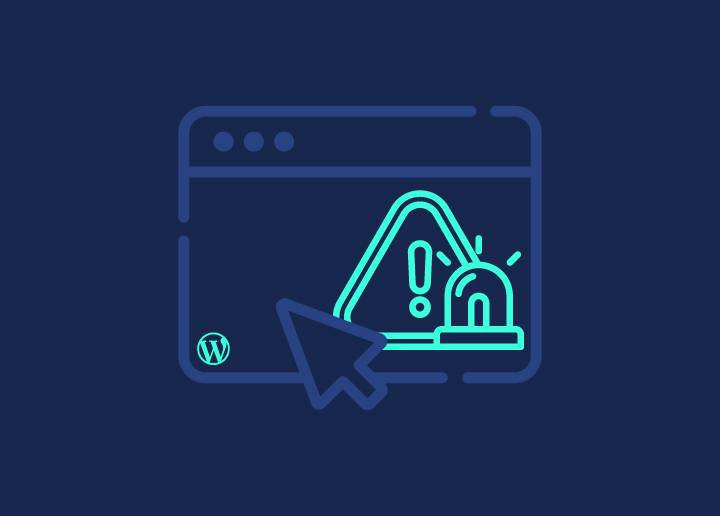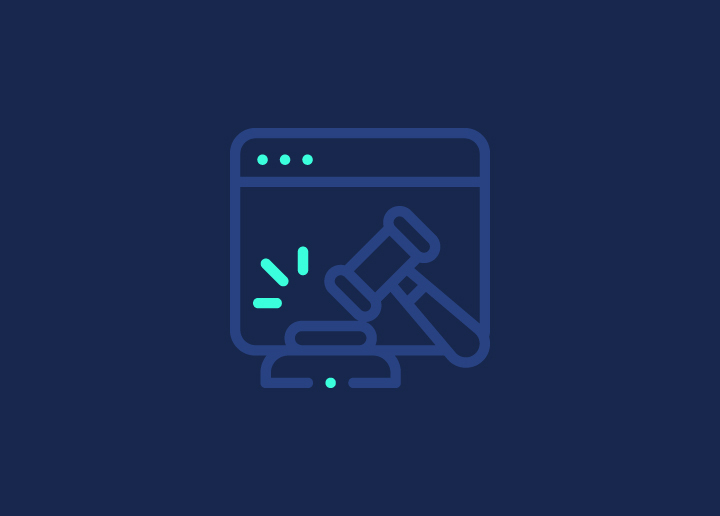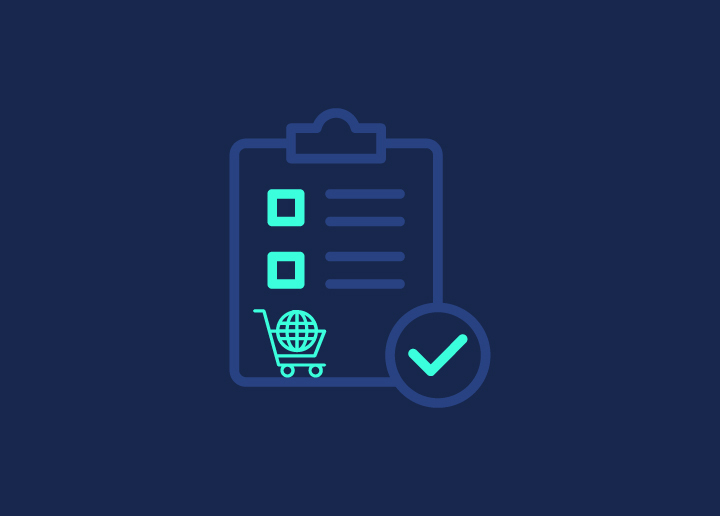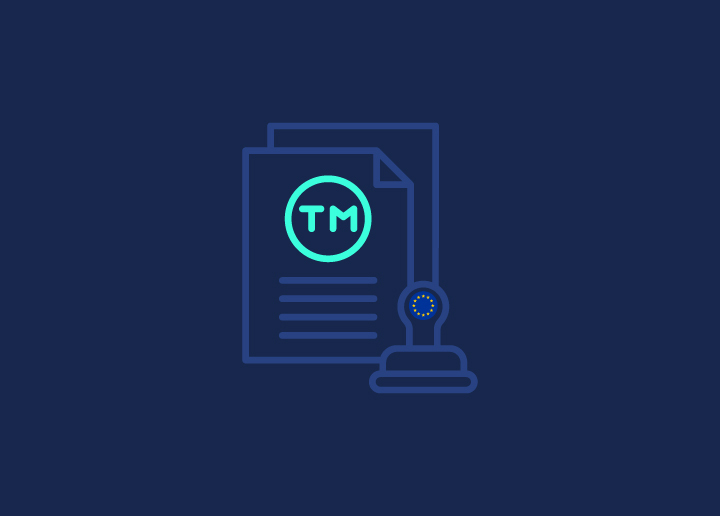Loads of online platforms are available to set up your web store. You’re likely familiar with the need for PCI compliance to handle payments safely, but have you thought about HIPAA compliance for eCommerce?
HIPAA is a law that helps keep personal health information safe. As more health-related shopping moves online, it’s crucial for websites selling health products or services to follow HIPAA rules. It is important not just to follow the law but also to make sure customers trust your site.
So, what exactly does it mean for an eCommerce site to be HIPAA compliant, and which platforms are equipped to handle this?
Let’s take a closer look at the concept and learn more about HIPAA Compliance for eCommerce.
Contents
ToggleUnderstanding HIPAA Compliance for eCommerce Sites
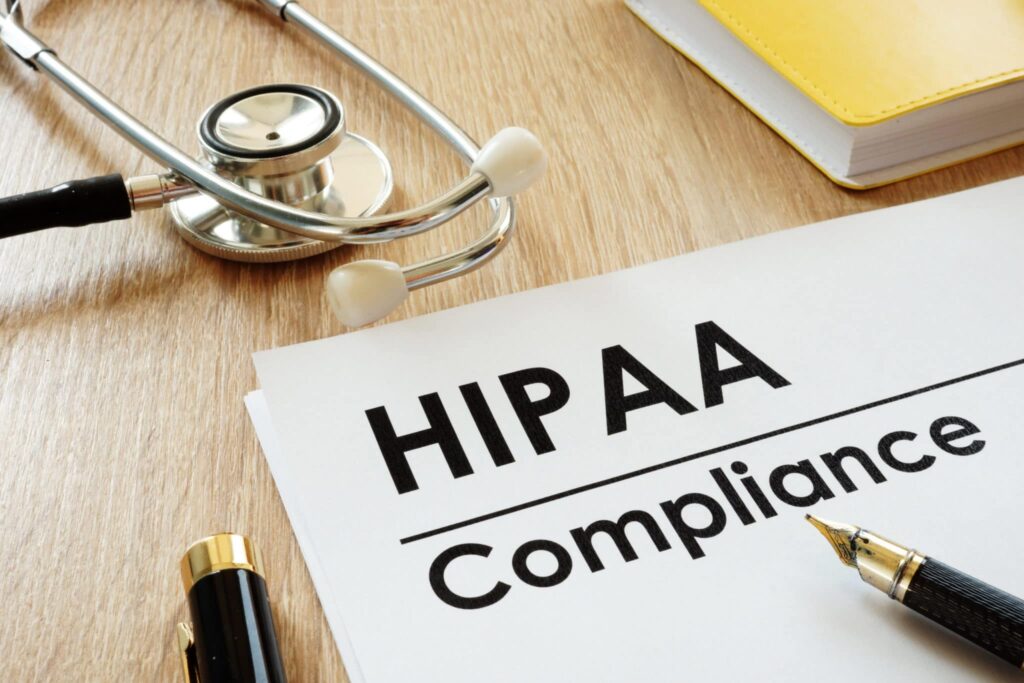
HIPAA, short for the Health Insurance Portability and Accountability Act, sets the standards for handling sensitive patient information. If your business involves managing protected health information (PHI) or its electronic forms (ePHI)—this includes medical and health records managed by healthcare providers and insurers—then adhering to HIPAA rules is a must.
For eCommerce WordPress sites dealing with ePHI, like electronic medical or health records, ensuring the security of your site is critical. This involves executing strong security measures to block unauthorized access to customers’ private data.
Moreover, choosing a WordPress hosting service that meets HIPAA’s strict requirements is essential. Pay attention to these precautions to avoid hefty fines and a significant hit to your business’s reputation.
Know More: Best Sites To Hire WordPress Developers & Designers
Challenges of HIPAA Compliance for eCommerce

Ensuring that eCommerce platforms comply with HIPAA standards comes with several significant challenges. Especially when handling electronic protected health information (ePHI), securing transactions, and maintaining strict privacy policies.
Securing ePHI
Keeping electronic health records and patient data safe is crucial. This involves encrypting all sensitive information and limiting access to authorized personnel only. However, it’s not just about setting up security measures—it’s also about continually updating and monitoring them to prevent breaches.
Example: If an eCommerce platform fails to properly encrypt patient data, it could lead to unauthorized access and data breaches, resulting in financial penalties and a loss of trust from customers.
Ensuring Secure Transactions
Transaction security is another critical aspect. eCommerce platforms must ensure that all payment transactions are encrypted to protect sensitive information during the payment process. This often requires integrating advanced payment security solutions that meet HIPAA standards.
Example: Without secure payment gateways, patient payment information could be exposed, leading to fraudulent charges and compromising the platform’s integrity.
Learn more: Best WordPress Security Service Providers (And Plugins)
Maintaining Privacy Policies
Maintaining clear and up-to-date privacy policies is essential. These policies should outline how patient information is collected, used, and protected. It’s crucial to regularly update these policies to comply with HIPAA’s evolving standards.
Example: If an eCommerce platform’s privacy policy doesn’t accurately reflect its data handling practices, it could lead to legal issues, penalties, and damage to customer relationships.
Common Pitfalls – HIPAA Compliance for eCommerce
- Underestimating HIPAA requirements: eCommerce platforms may need to fully grasp the complexity of HIPAA regulations, leading to inadequate security measures.
- Lack of ongoing compliance monitoring: Compliance isn’t a one-time task—it requires continuous monitoring and updating of security practices to maintain compliance.
- Inadequate staff training: Employees handling ePHI must receive thorough training in HIPAA compliance to prevent accidental breaches or mishandling of sensitive information.
Also know: Best White-Label eCommerce Solutions in 2024
Don’t Wait Anymore, Make Your Website HIPPA Compliant Today!
Trust our expertise and build a HIPAA-compliant website that is seamless and reliable.
How to Achieve HIPAA Compliance in eCommerce?
You must comply with HIPAA regulations if you are a website owner and deal with protected health information (PHI) or store it in databases to make HIPAA Compliance for eCommerce.
It’s important to note that there’s no official certification for being “HIPAA compliant.” However, sticking to established HIPAA best practices outlined by the U.S. Department of Health and Human Services (HHS) Office for Civil Rights (OCR) is essential.
With expertise in designing and implementing HIPAA-compliant solutions, including web forms, eCommerce stores, patient portals, mobile apps, and online pharmacies, you can ensure your compliance needs are met.
Again, if you’re wondering whether you need to be HIPAA compliant, the answer is likely yes—and we’re here to assist you every step of the way.
Data Encryption: Safeguarding Data in Motion and at Rest
Ensuring HIPAA compliance for eCommerce means encrypting health data consistently, whether it’s in transit, archived, or stored. This practice ensures protected health information (PHI) security and confidentiality.
It’s essential to encrypt data within your HIPAA-compliant database to enhance security measures, particularly when managing electronic health records (EHR).
Data Access Logs: Keeping Track of Who’s Looking
Whenever someone checks medical records, it’s important to keep a record of it as per HIPAA rules. Certain software, like firewalls, can automatically record details such as who looked at the data when it happened, and if any changes were made.
If there’s a breach, these logs help figure out who did it and when. Courts often ask for these logs in cases of insurance fraud. For eCommerce sites following HIPAA, there might be extra rules, especially for selling certain drugs.
Make sure you’re set up with these protections from the start. And if any changes are made to health info, it’s crucial to document who made them, when they did it, and what they changed. This info should be stored separately and kept safe with encryption.
Read more: WordPress Salts: Enhancing Security & Encryption
HIPAA SSL Certificate: Keeping Data Safe During Transfer
To ensure your site is secure, you’ll need a HIPAA SSL certificate. This certificate adds an extra layer of protection when information is sent to and from your website or ERP portal (basically, when data is moving around). It’s crucial for keeping customers’ private info safe.
SSL certificates usually need renewing each year and cost between $40 to $300. While cheaper options might seem tempting, they might not provide enough validation, which can make customers wary.
For HIPAA compliance, it’s worth spending a bit more on a trusted certificate. It’s a small investment that pays off in keeping your customers’ trust and data secure.
Data Tokenization: Keeping Information Safe
Data tokenization is a way to protect your customers’ sensitive information. It works by replacing this information with unique symbols or numbers that don’t relate to the original data and don’t mean anything on their own.
This keeps your data safe from hackers trying to use it. Using tokenization is a big part of following HIPAA security rules. It helps limit how much secure data is available on your website and servers.
Authentication & IP Blocking: HIPAA Compliant Web Hosting
Implementing an authentication process is essential for maintaining the security of your HIPAA-compliant website and adhering to HIPAA regulations and security standards. By mandating authentication credentials that are exclusive to the hosting server, unauthorized access to the site is prevented.
For this, selecting the right web hosting service is vital while maintaining HIPAA compliance; It ensures that stringent security measures are in place to safeguard sensitive health information and maintain data integrity.
A HIPAA-compliant hosting provider plays a critical role in ensuring the availability, reliability, and security of healthcare data. Convesio stands out as a leading solution for HIPAA-compliant hosting, offering advanced security features, scalability, and compliance expertise tailored to the unique needs of healthcare organizations.
Convesio ensures the highest data protection and availability level, allowing healthcare providers to focus on delivering quality care while maintaining HIPAA compliance with confidence.
Do not miss: Best HIPAA-Compliant WordPress Hosting Services in 2024
Best Practices for Maintaining HIPAA Compliance for eCommerce

Implementing and sticking to best practices is essential to safeguarding patient privacy and ensuring legal compliance. Below are several best practices tailored for eCommerce sites to maintain HIPAA compliance:
Check Regularly: Keep an eye on your eCommerce setup to spot any problems. Regularly check how data is handled and if everything is secure.
Stay Updated: Keep your site and software up-to-date with the latest security patches. This helps to fix any weaknesses that could be exploited.
Train Your Team: Make sure everyone who works with patient data knows the rules. Train them on how to keep data safe and respect privacy.
Write Down Rules: Have clear rules for handling patient data and write them down. Make sure everyone knows what they are and follows them.
Use Secure Websites: Make sure your website is secure, especially for transactions. Use SSL certificates to encrypt data when it’s sent between users and your site.
Read More: Hiring WooCommerce Developers: The Ultimate Guide
Encrypt Data: Make sure patient data is encrypted, both when it’s stored and when it’s sent. This adds extra protection against hackers.
Control Who Sees What: Only give access to patient data to people who really need it. Use passwords and other security measures to make sure only the right people can get in.
Plan for Problems: Have a plan ready for what to do if something goes wrong, like a data breach. Know how to handle it and who to tell.
Check Your Partners: Make sure any other companies you work with also follow the rules. Check they have good security, too.
Keep a Regular Check: Don’t just set things up and forget about them. Regularly check to make sure you’re still following the rules and keeping data safe.
Read: Monitoring Your Website: Essential Cybersecurity Measures 24/7
Need Help Maintaining Your eCommerce Site?
Check out our Wordress Mainenance services for eCommerce sites and get quick issue resolutions for your website.
Conclusion
In conclusion, ensuring HIPAA compliance for eCommerce platforms is crucial for maintaining the security and privacy of sensitive healthcare information. Businesses can mitigate the risk of data breaches and legal liabilities by implementing appropriate safeguards, encryption protocols, access controls, and regular audits. Prioritizing HIPAA compliance not only protects customer trust but also fosters a culture of responsible data handling in the digital healthcare landscape.
At Seahawk, our expert team are well-versed in the intricacies of HIPAA security protocols and are committed to safeguarding your customers’ data. Whether you need assistance with HIPAA-compliant website hosting, aligning WordPress development with HIPAA regulations, integrating business applications, or ensuring compliance for your eCommerce platform, we have the expertise to guide you through every step of the process.









